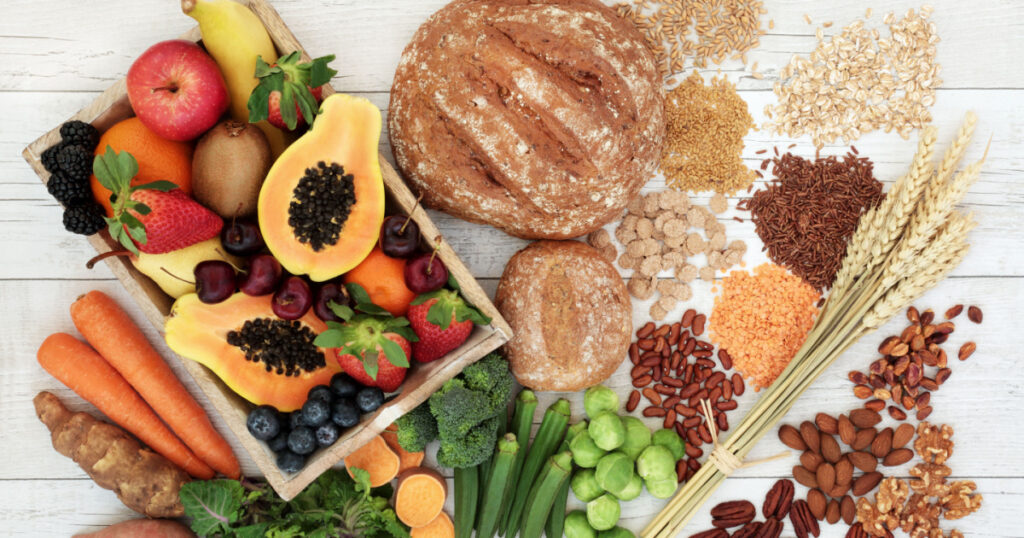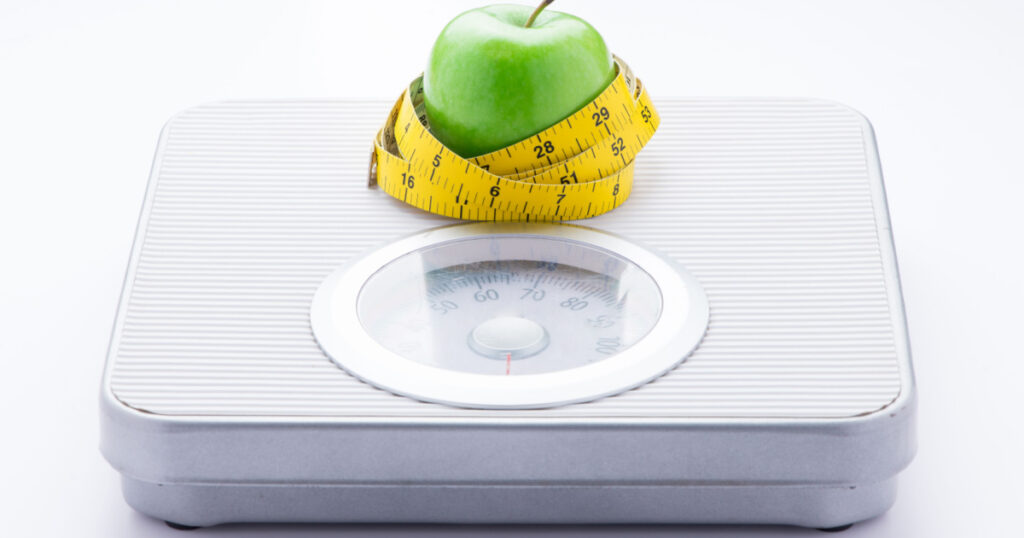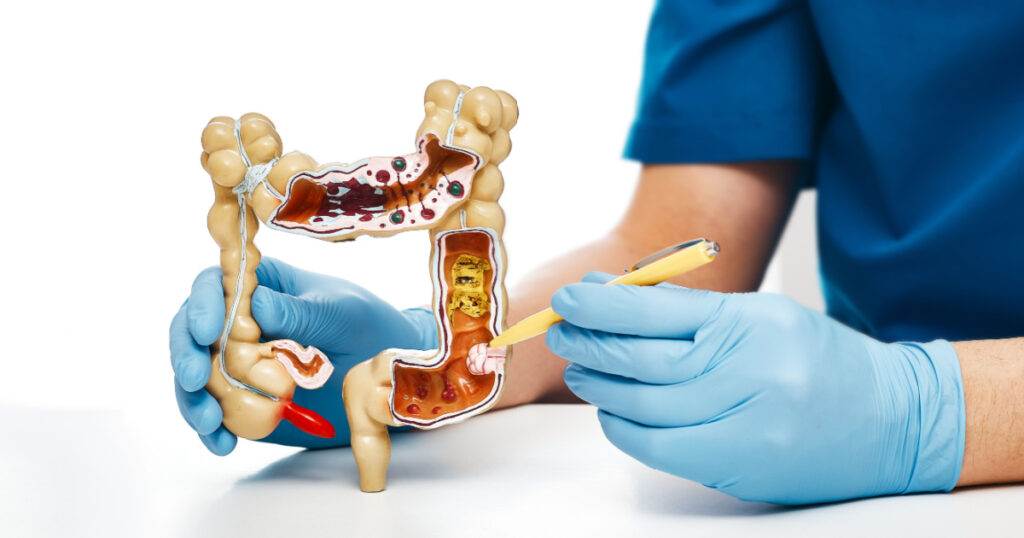Colon cancer is a serious disease and one of the leading causes of cancer-related deaths. However, research shows that making specific lifestyle changes can significantly reduce the risk. A recent study suggests that nearly 50% of colon cancer cases could be prevented by following these ten strategies. By adopting these habits, you can take control of your health and lower your risk of developing this disease.
1. Choose a Healthier Protein Source

Swap out red and processed meats for leaner options like poultry, fish, and plant-based proteins. Studies have linked high consumption of red and processed meats to an increased risk of colorectal cancer. Making this switch can support overall health while lowering cancer risk.
2. Embrace Unsaturated Fats

Opt for healthy fats found in nuts, seeds, avocados, and olive oil instead of saturated and trans fats. Research suggests that diets rich in unsaturated fats are associated with a lower risk of colon cancer.
3. Opt for Whole Grains, Legumes, and Fruits

Replace refined grains and processed foods with fiber-rich options like whole grains, legumes, and fruits. These provide essential nutrients and antioxidants that support digestive health and may help lower the risk of colon cancer.
4. Consider Calcium Supplementation

Some studies suggest that adequate calcium intake may help reduce colon cancer risk. Before taking supplements, consult your healthcare provider to determine the right amount for your needs.
5. Maintain a Healthy Weight

Obesity has been linked to an increased risk of colon cancer. Preventing excessive weight gain through a balanced diet and regular exercise can significantly lower the risk.
6. Avoid Smoking and Limit Alcohol Consumption

Both smoking and excessive alcohol intake have been strongly associated with a higher risk of colon cancer. Quitting smoking and reducing alcohol consumption can have long-term health benefits.
7. Engage in Regular Physical Activity

Exercise is one of the most effective ways to lower the risk of colon cancer. Aim for at least 150 minutes of moderate-intensity activity or 75 minutes of vigorous activity per week to improve overall health.
8. Consult with Your Doctor Regarding Medications

Some medications, including aspirin and non-steroidal anti-inflammatory drugs (NSAIDs), have been linked to lower colon cancer risk. However, these should only be taken under medical supervision to avoid potential side effects.
9. Prioritize Regular Screening

Routine colon cancer screenings can detect precancerous polyps or cancer at an early, treatable stage. Those with a family history or other risk factors should speak to their doctor about the appropriate screening schedule.
10. Ensure Sufficient Vitamin D and Folate Intake

Vitamin D and folate play a role in maintaining overall health and may contribute to reducing colon cancer risk. Sunlight, a balanced diet, and supplements (if needed) can help maintain adequate levels.

Reducing colon cancer risk involves making simple yet effective lifestyle changes. Healthy eating, regular exercise, and avoiding harmful habits all contribute to a lower risk. Regular screenings and medical guidance can further enhance prevention efforts.
